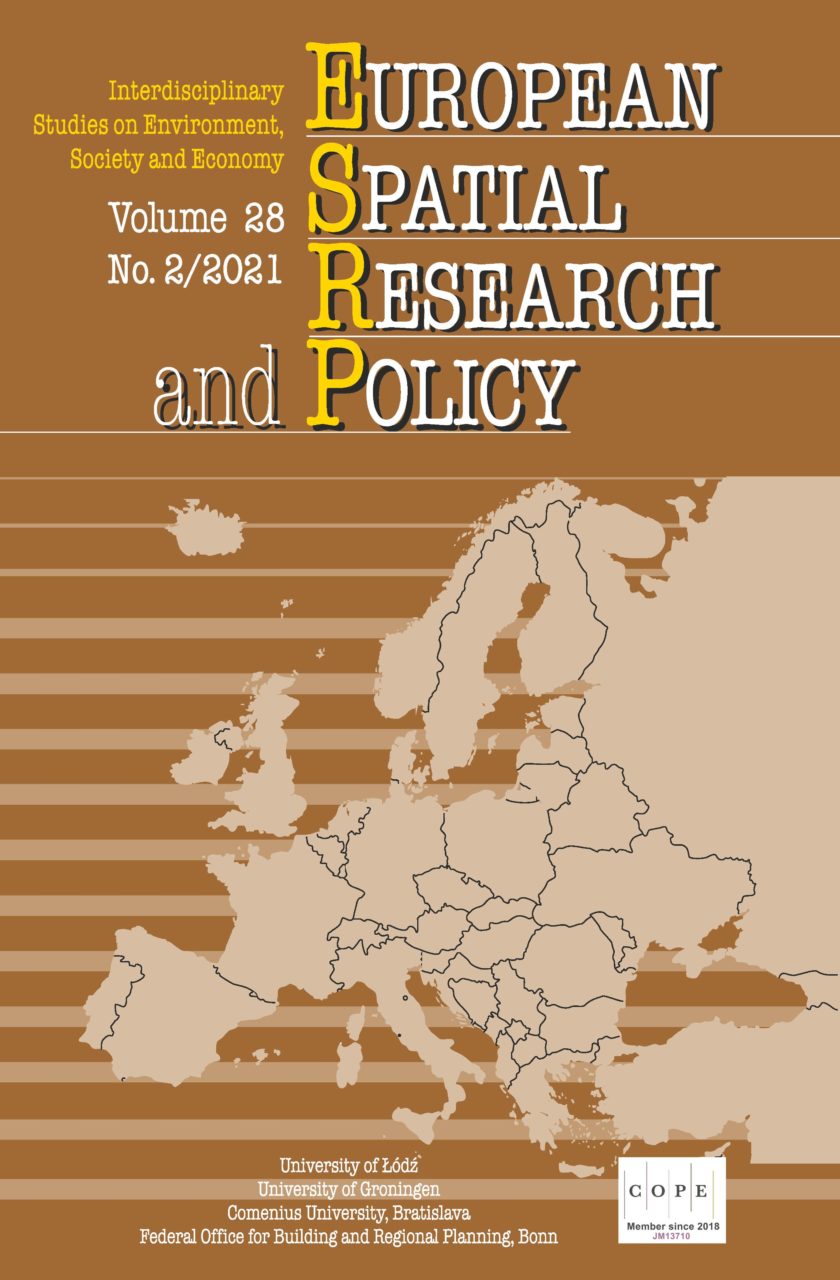
Ana Peric, Sinisa Trkulja, Zora Zivanovic
2021
Full text
As several Western Balkans countries aspire to become members of the European Union (EU) in the (near) future, it is interesting to explore to what extent EU territorial trends are adopted in both the official national regulations and spatial planning practice. To do so, we: 1) screen EU territorial policies to elucidate the trends and principles of territorial development, 2) analyse the contents of spatial plans in Serbia and Bosnia and Herzegovina, and 3) compare the practical application of the principles such as decentralisation, diffusion of power, subsidiarity, multi-actorship, synergy, transparency, citizen participation, coordinated action (among various disciplinary bodies), and holistic strategies. The findings show the ineffectiveness of declaratively adopted EU territorial trends against place-based territorial policy approaches.
In: European Spatial Research and Policy, 28(2), 21-41.
